By the end of next year, most Australians should be vaccinated against coronavirus, and the pandemic will be a distant memory.
But the big question is which vaccine will Australians be receiving.
There's a handful of candidates which have already proven effective, and the Federal Government has paid for tens of millions of doses of several of them.
They work in different ways and are at different stages of development.
Here's what you need to know about the top coronavirus vaccines.
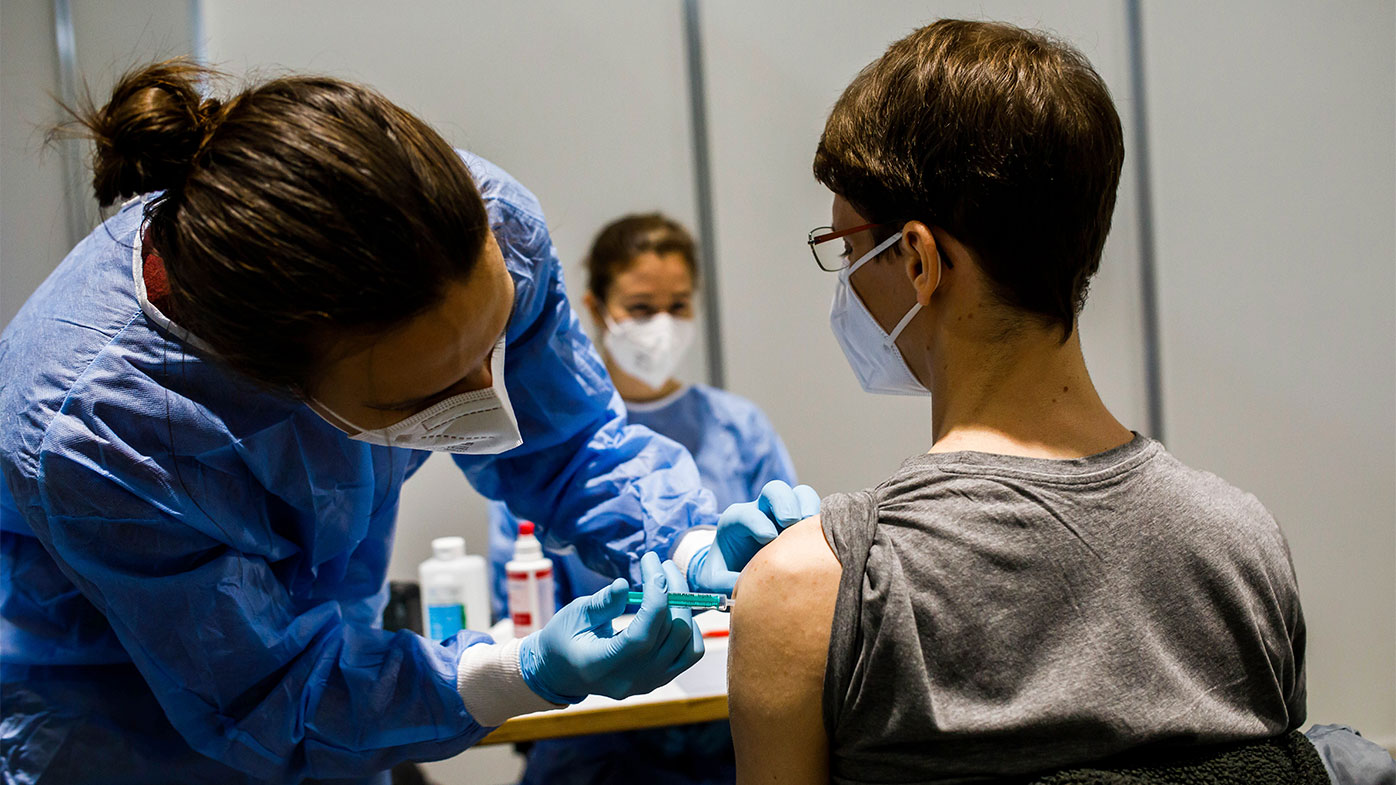
Pfizer-BioNTech
The Pfizer vaccine has already been approved for use in the UK and Bahrain, and the first Britons have already been vaccinated.
The vaccine is 95 per cent effective. The Australian government has pre-purchased 10 million doses of the Pfizer vaccine.
It should be available to Australians from early to mid-2021, pending local approval from the TGA.
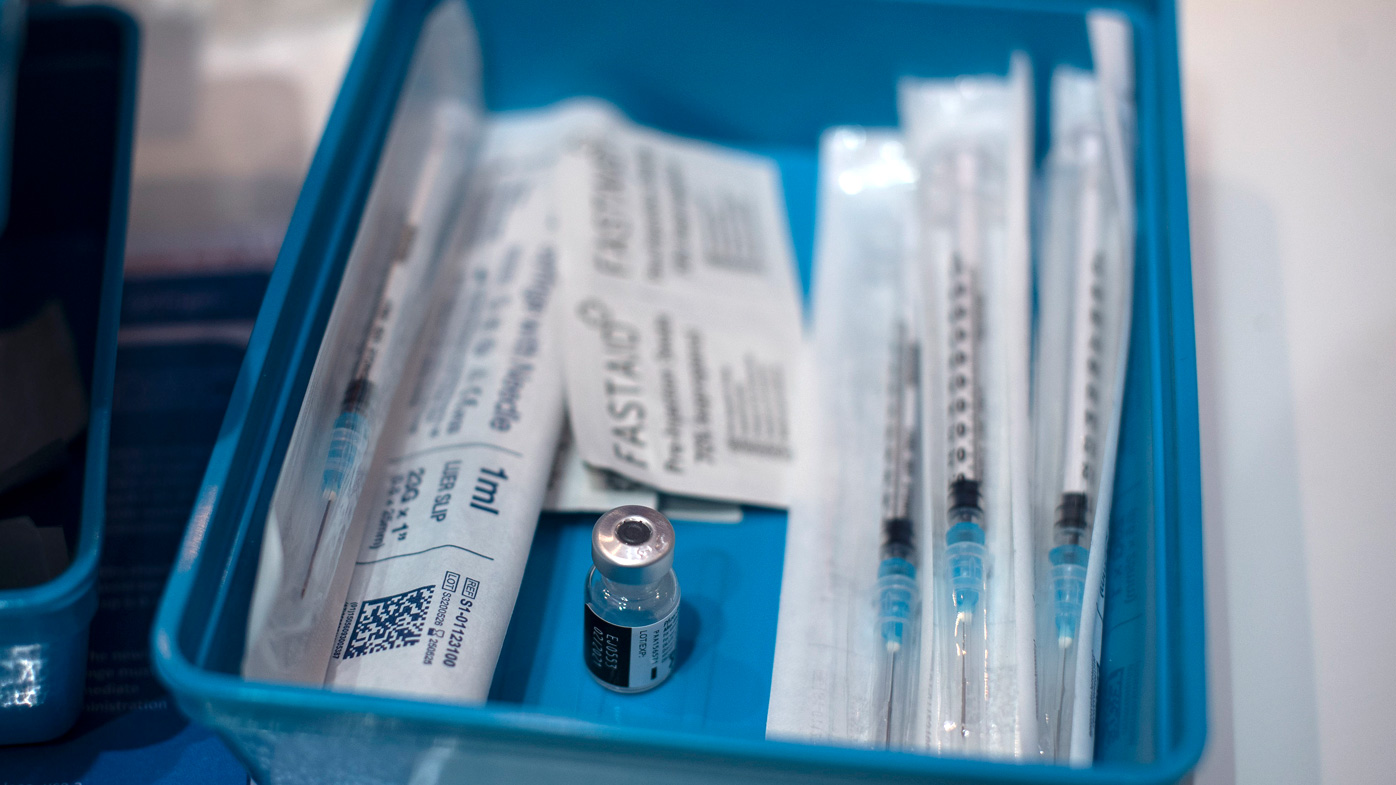
It has been tested on 44,000 participants in the US, Germany, Argentina, Brazil and South Africa.
What makes the Pfizer vaccine difficult is the requirement to store it at -70C.
That temperature means it needs to be kept in dry ice, of which supplies are limited.
But Pfizer has warned the vaccine is not suitable for people with a history of severe allergic reactions, after two Britons fell ill after receiving the first dose.
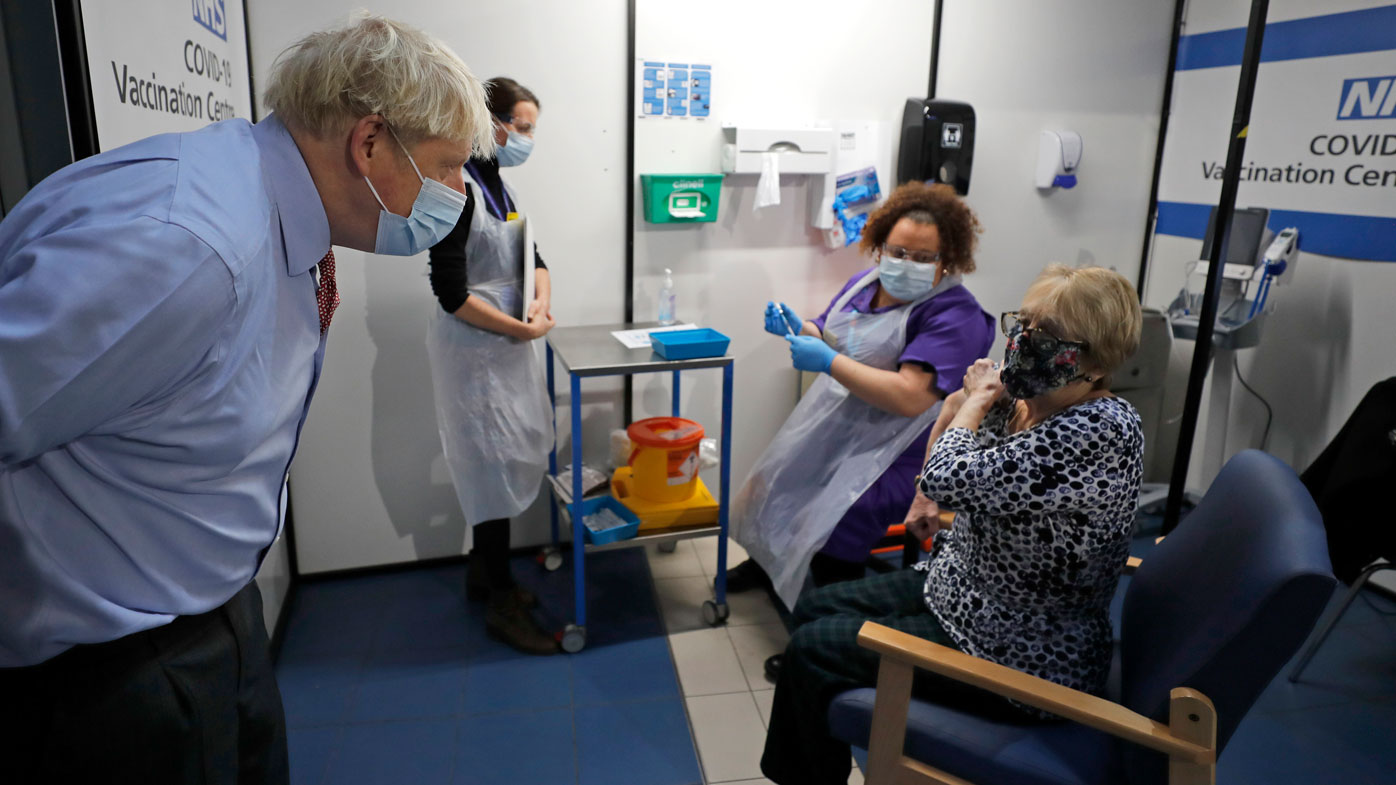
Though it has been made and funded by Pfizer, one of the world's largest pharmaceutical companies, the vaccine itself was developed by German company BioNTech.
The scientists behind the vaccine are Ugur Sahin and Ozlem Tureci, a German couple of Turkish descent.
AstraZeneca/Oxford University
The vaccine developed by Oxford University with British-Swedish drugmaker AstraZeneca is the one Australians are looking most likely to receive.
It has been shown to be up to 90 per cent effective, and like most others, requires two jabs several weeks apart.
Thirty million doses of the AstraZeneca vaccine will be made in Australia by CSL.
Another 3.8 million are scheduled for delivery from overseas.
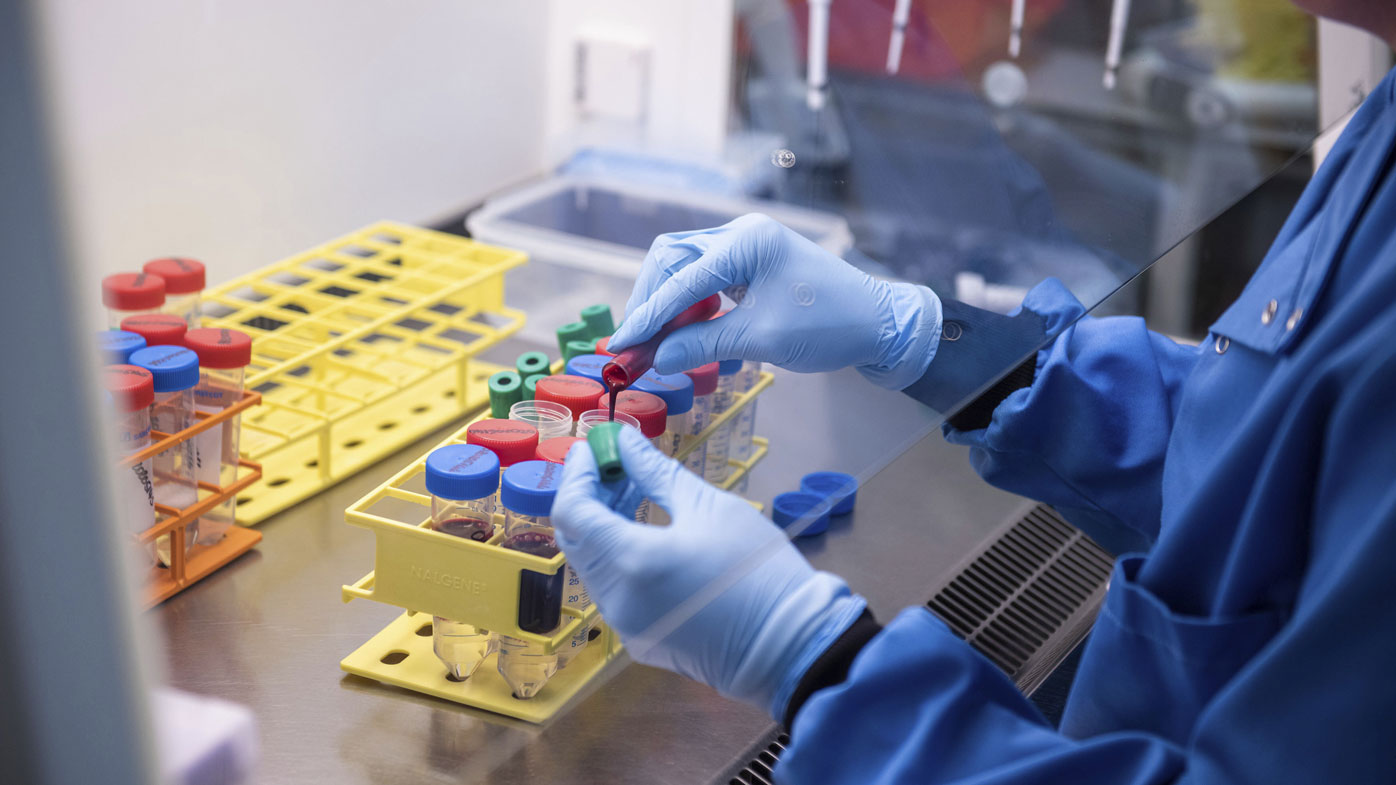
"We're covered for the Australian population, and we have enough to vaccinate the Australian population three times over," Health Minister Greg Hunt said last month.
The AstraZeneca vaccine can be stored at regular fridge temperature.
Moderna
Moderna has said it will deliver 20 million doses of its vaccine by the end of the year, and another 125 million in the first four months of 2021.
The vaccine, developed in America, is 95 per cent effective, though will cost about $45 a dose.
But unlike Pfizer, Moderna's vaccine can be kept at a much more manageable -20C, meaning it could be stored in a standard household freezer.
The vaccine was funded in part by a donation by country music icon Dolly Parton.
Parton's donation stemmed from her friendship with Vanderbilt University doctor Naji Abumrad, who she met after she was in a minor car accident.
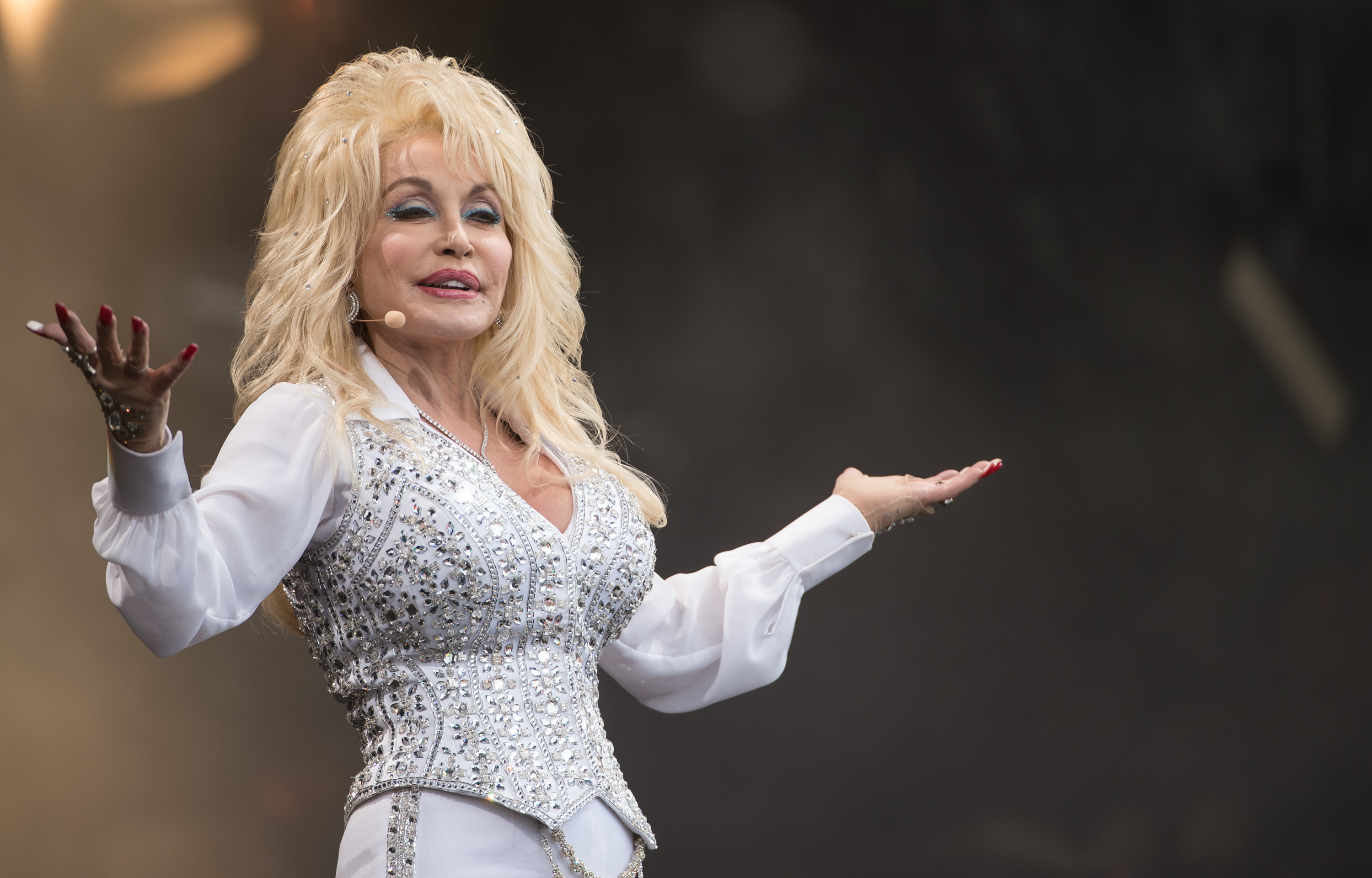
Parton and Dr Abumrad bonded over their childhoods growing up poor in a rural mountain area – Parton in Tennessee and Dr Abumrad in Lebanon.
Australia has no pre-purchase agreement with Moderna, meaning it is unlikely we will see it here any time soon.
University of Queensland
A vaccine being developed by the University of Queensland is showing positive signs, but phase three trials are not yet complete.
Because of this, it is too soon to know how effective the vaccine is.
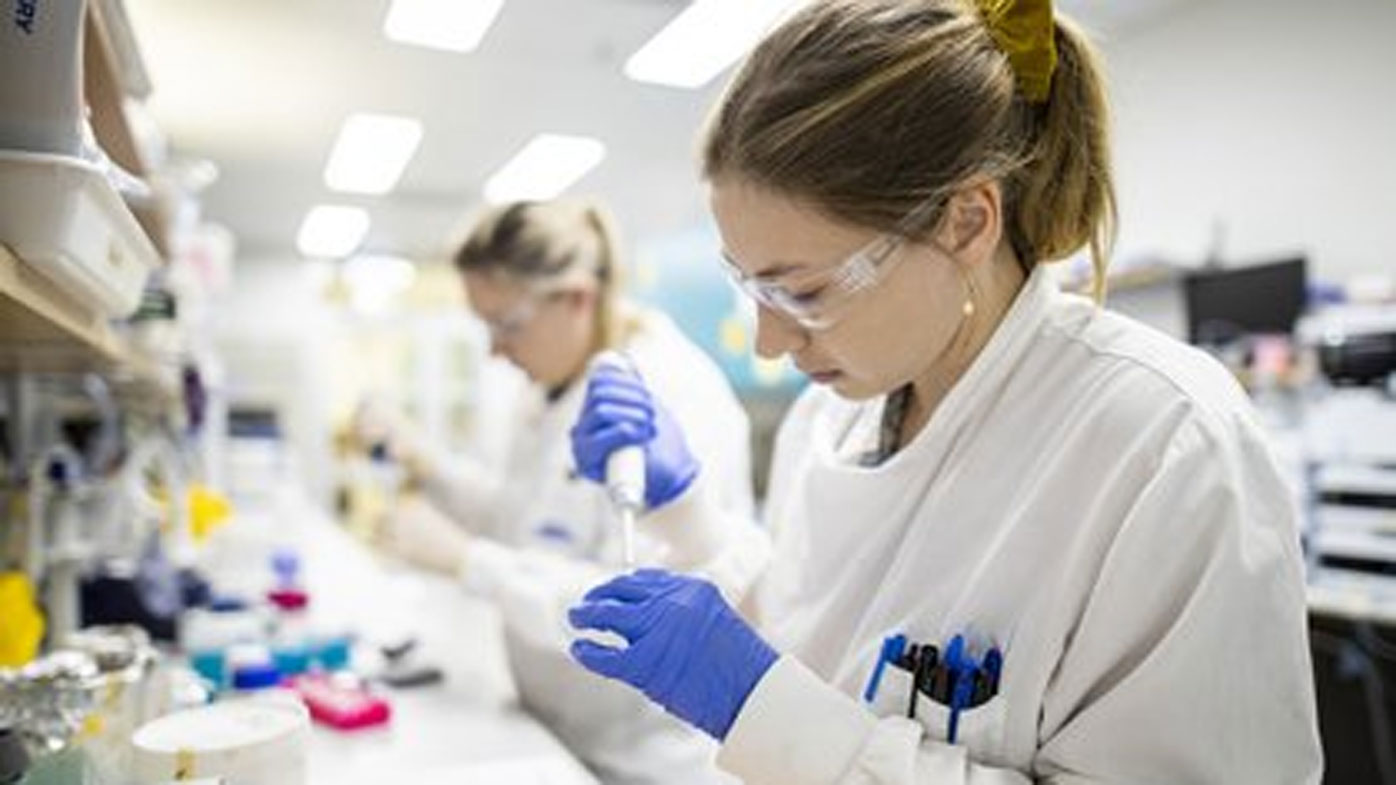
The vaccine, known as V451, is being manufactured in Victoria by CSL.
The Australian government has agreed to buy 51 million doses.
If approved, a wider rollout could begin in mid-2021.
Sinopharm
China has high hopes for the vaccine developed by state-owned pharmaceutical enterprise Sinopharm.
The vaccine has been 86 per cent effective, according to a statement released by the United Arab Emirates, which conducted a 31,000-person trial.
It also can be kept in average refrigerator temperatures, making it far easier to store than the Pfizer alternative.
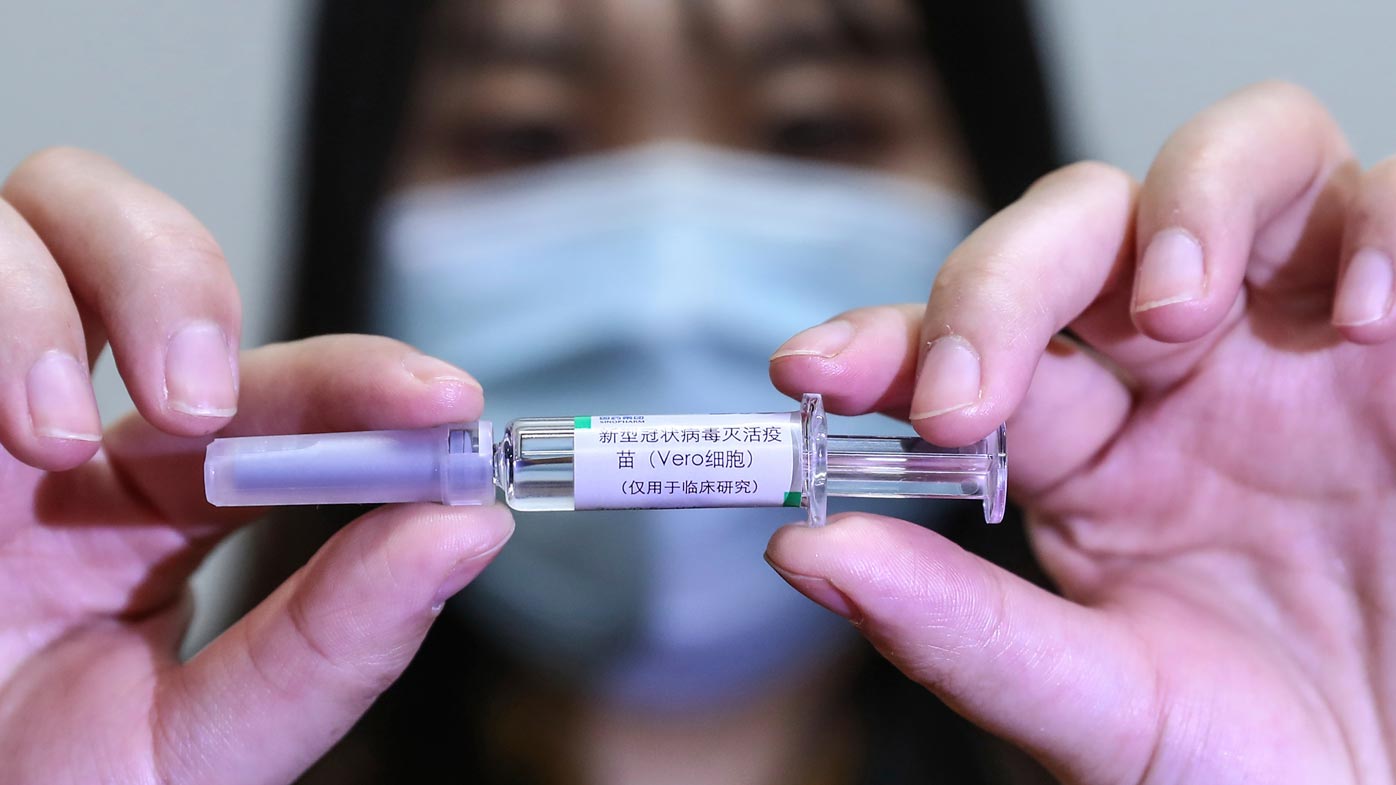
But both China and the UAE have been cagey about the details of the trial results.
But they have said there are no serious side-effects, and Dubai's leader Sheikh Mohammed bin Rashid Al Maktoum was confident enough to be publicly vaccinated himself.
More than a million doses have already been sent to Indonesia, and Morocco is using Sinopharm to kick off their mass vaccination program.
Sputnik V
Sputnik V is the first vaccine to be publicly unveiled, but also the one we know least about.
Developed by Russia's Gamaleya Institute, the two-shot vaccine is still officially in the trial stage.
Despite this, the Kremlin gave Sputnik V regulatory approval in August, even though only a few dozen people had received it.
Now, more than 100,000 Russians have already been given Sputnik V.
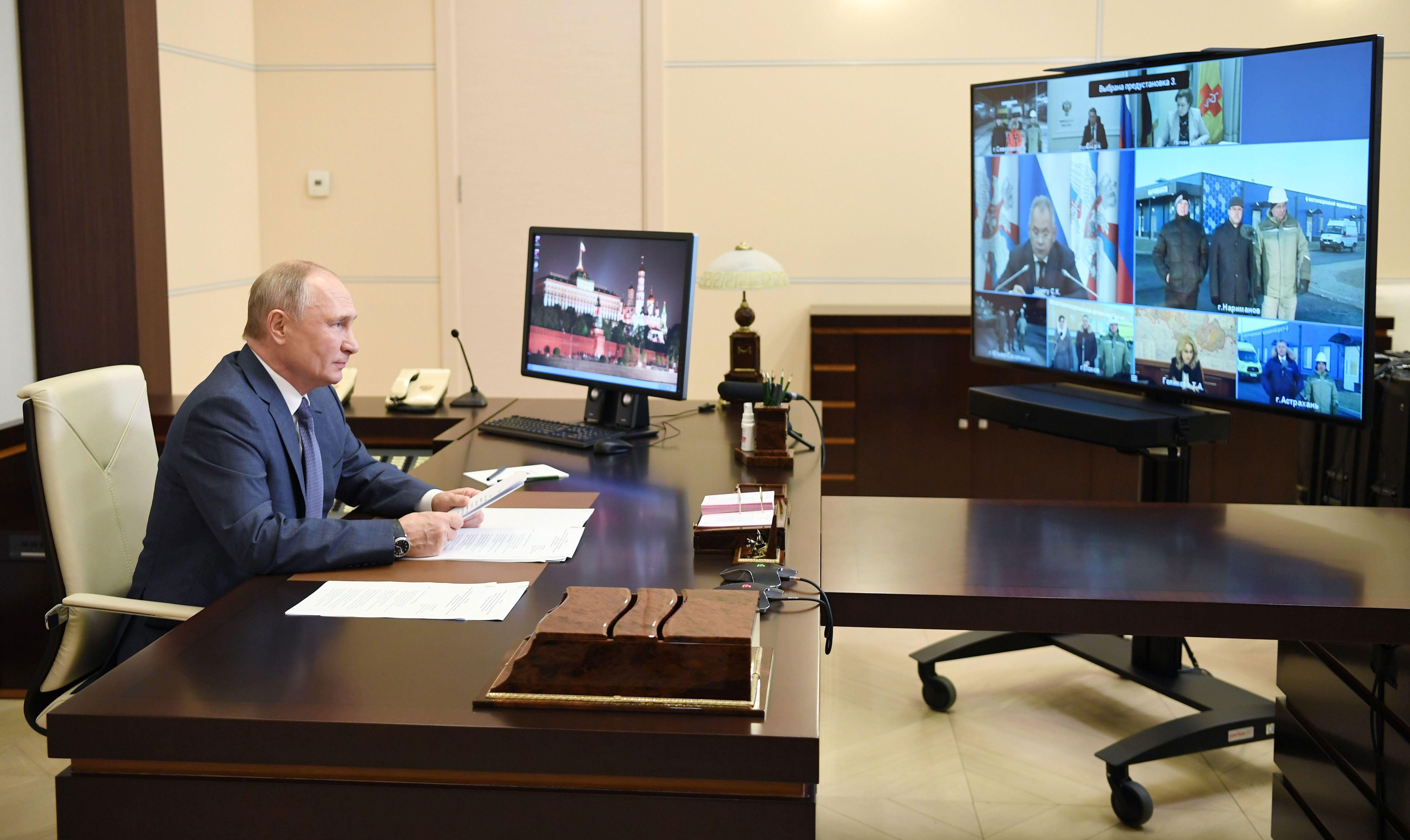
President Vladimir Putin announced a large-scale immunisation campaign to begin in the next few days, with doctors and teachers given priority.
Developers said Sputnik V has been shown to be 91.4 per cent effective.
Russia hopes a billion doses will be produced in 2021, though Russians will be prioritised.
Sputnik V can be kept at a regular fridge temperature, and has an estimated cost of $13.50 a dose.
READ MORE: Putin orders 'large-scale' COVID-19 vaccination in Russia
from 9News https://ift.tt/372Lql1
via IFTTT



0 Comments